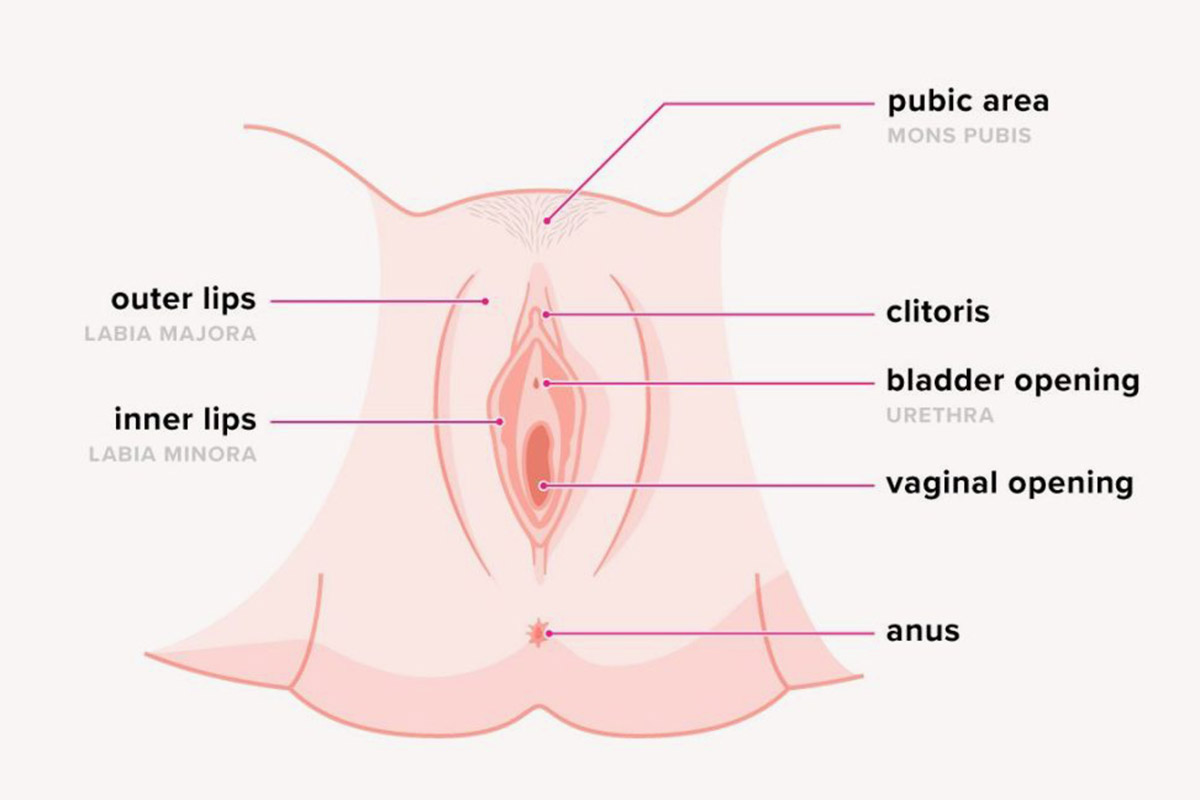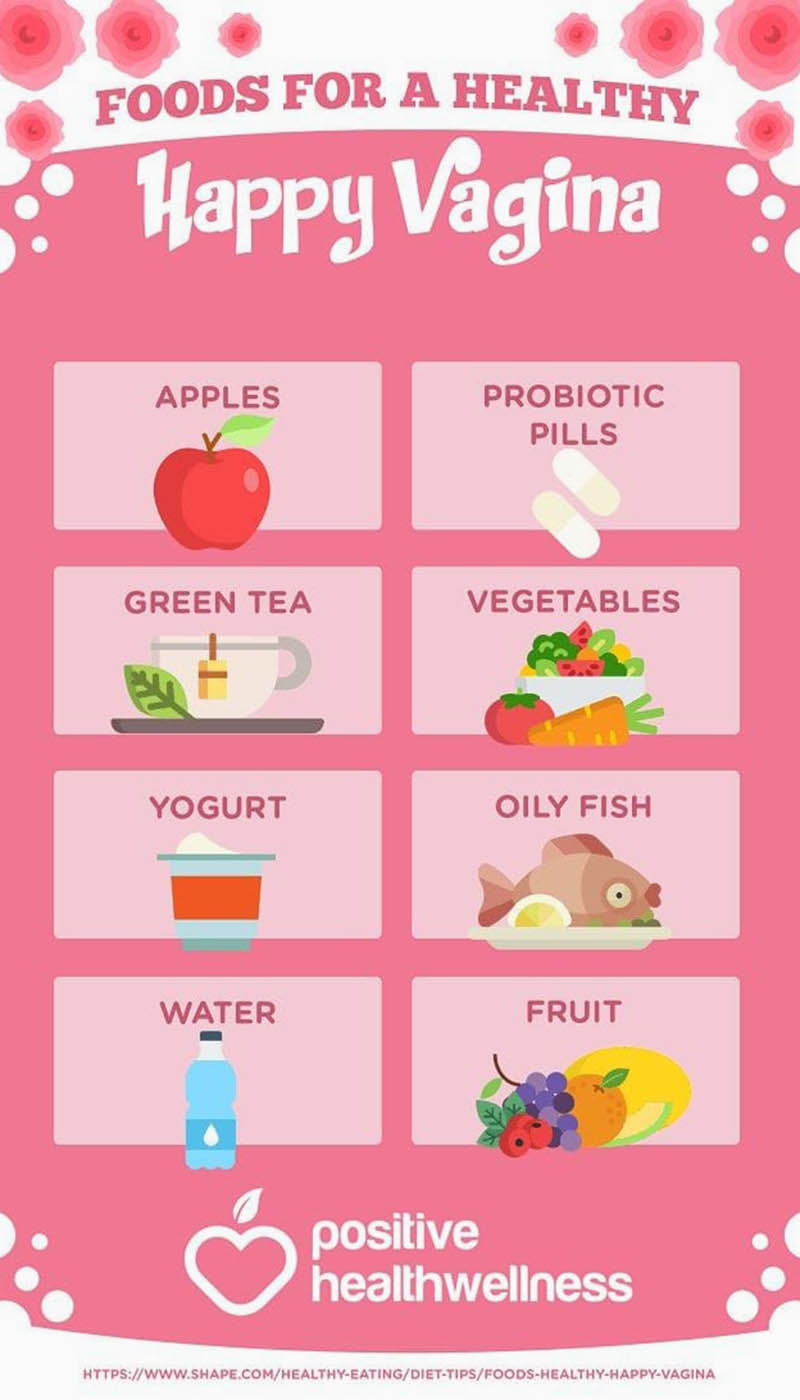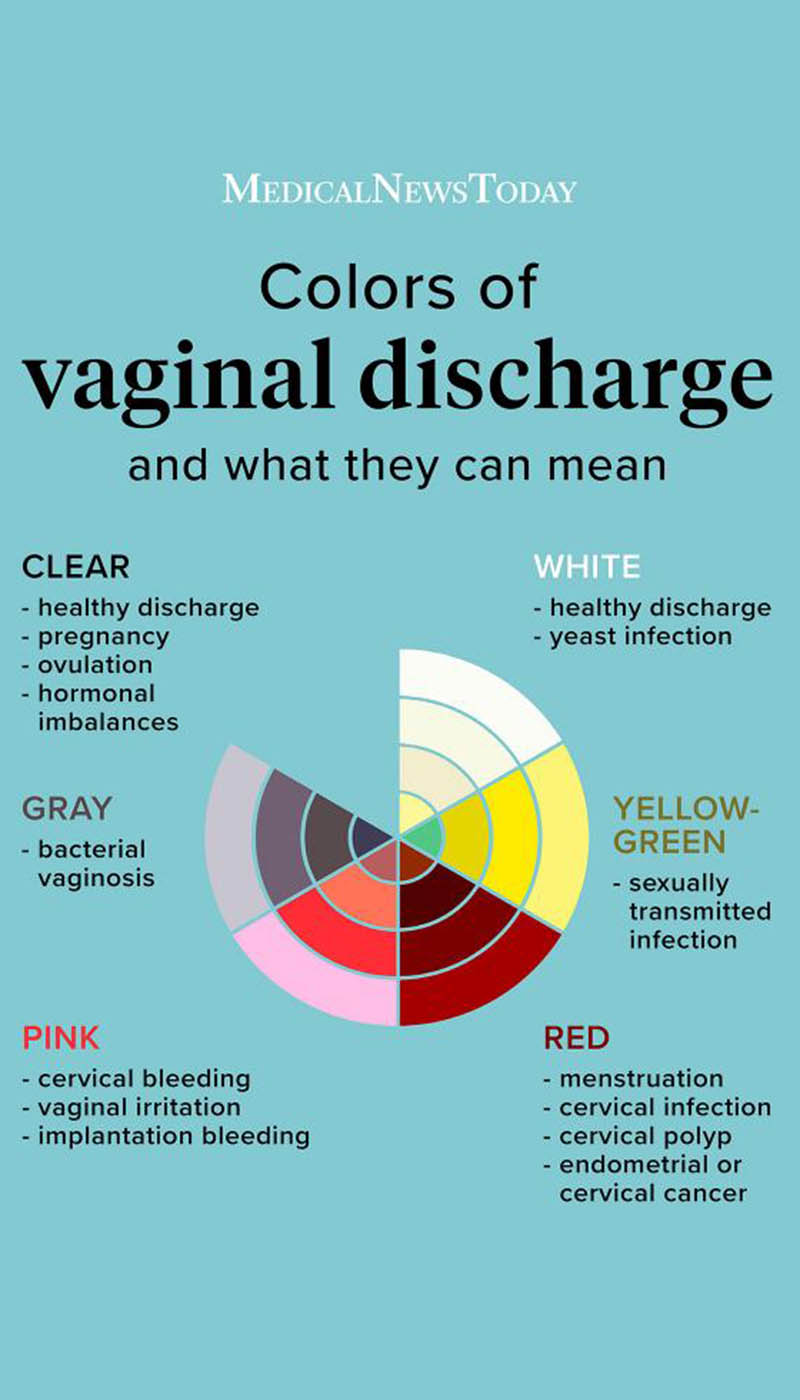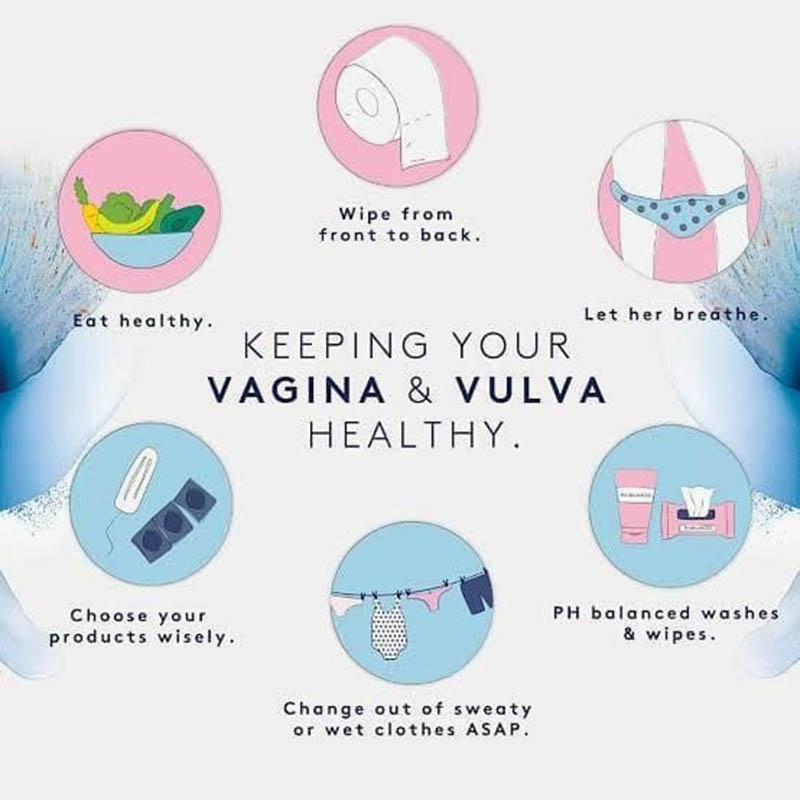
Vagina Chronicles: Health Tips Every South-asian Girl Should Know
What causes vaginal burning? What are the best products to reduce smell and irritation? Find out the safest and most efficient ways to keep your vagina healthy and happy
Vaginal wellbeing is still one of the topics South-Asian households do not talk about. The shame around vaginal health impacts 75% of South-Asian women who experience yeast infections at least once in their life and feel too “embarrassed, dirty and stigmatised” to diagnose their symptoms.
It’s completely okay to want to talk about your vagina and take care of your health. Your vagina, like any other body part, needs to be correctly understood and looked after. The incorrect care for your vagina can be described similarly to brushing your teeth with vinegar and salt. It will lead to an infestation of bacteria and problems, not the mention the awful smell.
Looking after your vagina doesn’t have to be embarrassing or go neglected. Here are the safest ways to look after your vagina.
Understanding the female body
First, let’s go back to basics with human anatomy. The vagina is the inner canal inside your body. The term ‘vulva’ refers to the outer parts around the vagina, including the clitoris, clitoral hood, and inner and outer labia (vaginal lips).
Your vagina is an excellent self-cleaning oven containing a lot of good bacteria, which maintains the ideal Ph balance in your vagina, making it hard for ‘bad’ bacteria to cause infections. When you try to wash your vagina, using soaps or sprays and even water, you disrupt the bacterial balance, leading to many problems like bacterial vaginosis, yeast infections, and other irritations.
How do you wash your vulva?
While you should not wash your vagina, you should regularly clean your vulva. Washing your vulva should be simple and straightforward. Apply warm water and gently cleanse around the folds of your vulva, using a clean washcloth or your hands. It’s best to wash “front to back”, meaning wash your vulva first and then your anus to prevent bacteria from spreading into your vagina.
Say no to scented soaps and feminine sprays
Scented soaps and even unscented soaps are not needed when washing your vulva and are highly advised against, as they can cause irritation and infections.
If you’ve been using soap or regular shower gel to wash your vulva, it is safe to stop and wash with warm water instead. If you do want to use a product, try unscented, mild and colourless soap.
Many supermarkets recommend feminine washes and sprays to reduce odour and clean the vagina. Don’t buy these; they contain harmful and unnecessary ingredients that can lead to severe infections and irritation.
Worried about smell
If you notice an unpleasant or even iron-like smell from your vagina and you’re not on or close to your period, the cause may be coming soap or wash products.
Try going a few days without using products, gently washing with water instead, your vagina should go back to its natural smell. It’s important to acknowledge your vagina has a normal scent, and it’s helpful to know what that is.
To help your vagina smell (or even taste) better, you can use home remedies like drinking cranberry or pineapple juice and eating healthy. Remember, what you directly consume will impact the health of your vagina. If you follow these restorative steps, you’ll be left with a healthy vagina that smells and feels good.
If you’re concerned about a foul vaginal smell, it’s helpful to research different smells and symptoms. We’ve added some signs of the most common infections, how to recognize them, and what to do. If you’re still worried, visit a GP as soon as possible.
Common infections
There are many ways to spot symptoms of common infections like yeast infections, bacterial vaginosis and UTI’s, which can be painful, uncomfortable, and even dangerous. It’s essential to be able to spot these symptoms and visit a GP or pharmacy right away.
Yeast Infections (thrush)
A yeast infection is a fungal infection that produces white, cottage cheese-like discharge. It can have symptoms, including a burning and itching sensation in the vagina and can quickly multiply uncontrollably.
Other associated symptoms include:
- Itching
- Soreness
- Pain during sex
- Pain or discomfort when urinating.
The most likely reason for developing the infection include:
- Pregnancy
- Contraception
- Diabetes
- Compromised immune system
- Use of antibiotics for longer than ten days
Treatment: usually, an antifungal medication is prescribed, which can be applied in the form of cream directly or taken orally as a capsule.
Urinary tract infection
Different parts of the urinary tract can become easily infected, including the bladder, urethra, and kidneys.
The common symptoms include:
- Burning in the vagina when urinating
- The need to urinate more often or suddenly
- Smell or cloudy urine
- Blood in urine
- Pain in the lower stomach.
Treatment: doctors will usually prescribe antibiotics, and home remedies such as drinking cranberry juice are suggested.
Bacterial vaginosis (BV)
BV is a condition caused by the normal balance of bacteria in the vagina being disrupted. BV doesn’t always cause symptoms, but when it does, it can include:
- Burning sensation in the vagina
- White or grey vaginal discharge
- Pain and itching
- Strong fish-like odour, especially after sex.
The infection can increase a person’s risk of getting sexually transmitted diseases, so treatment of the symptoms should be immediately checked and treated by a doctor.
Treatment: often involves a course of antibiotics over a few weeks.
How to avoid general irritation
General irritation can be caused by daily things indirectly affecting the vagina. If you feel easily irritated and uncomfortable, try changing some of the following products:
Laundry detergent
- Soaps
- Scented toilet paper
- Bubble bath products
- Menstrual pads
Garments:
- Fitted pants
- Pantyhose or tights
- Tight underwear
Taking care of your vagina is a journey in which you decide what works best for you. Talking openly about vaginal health with family and friends can be helpful and an excellent way to inform and educate others through their vaginal wellbeing journey.










Get Social